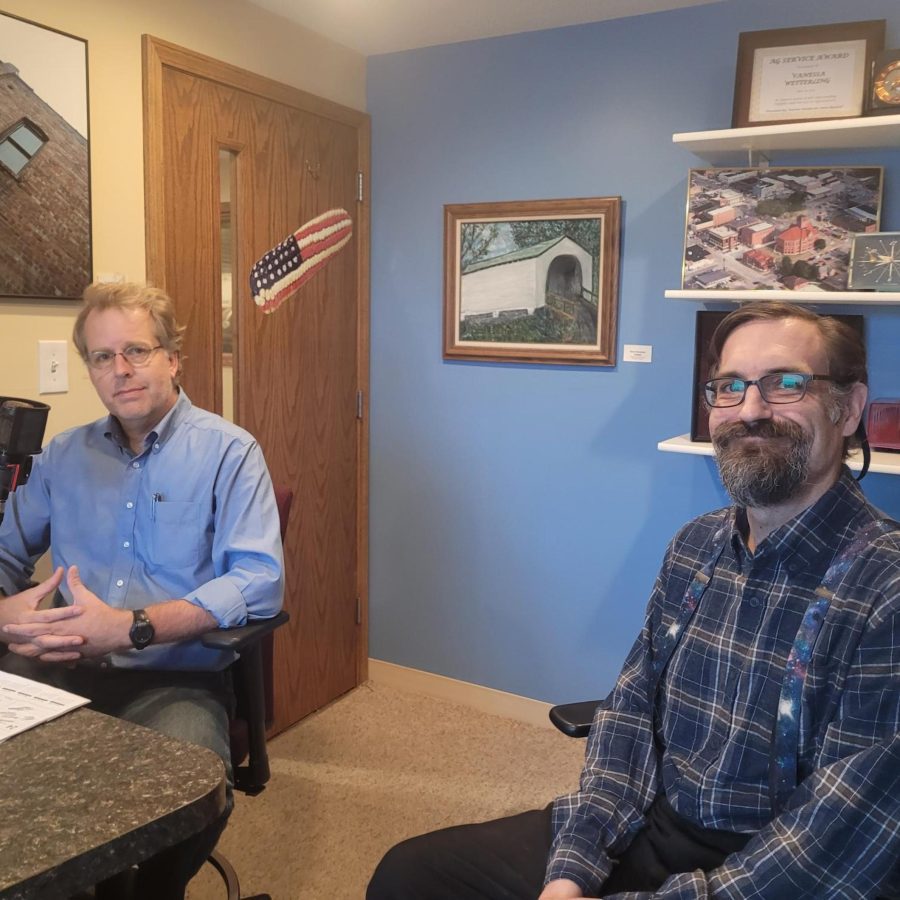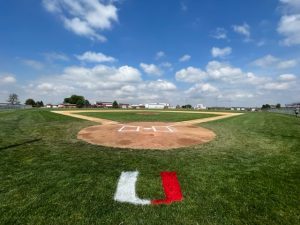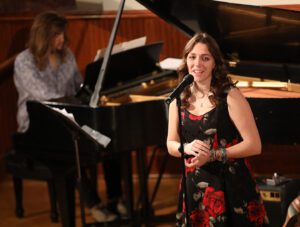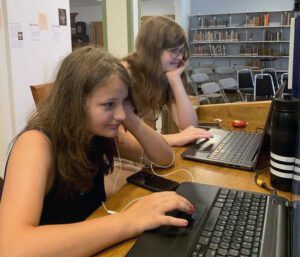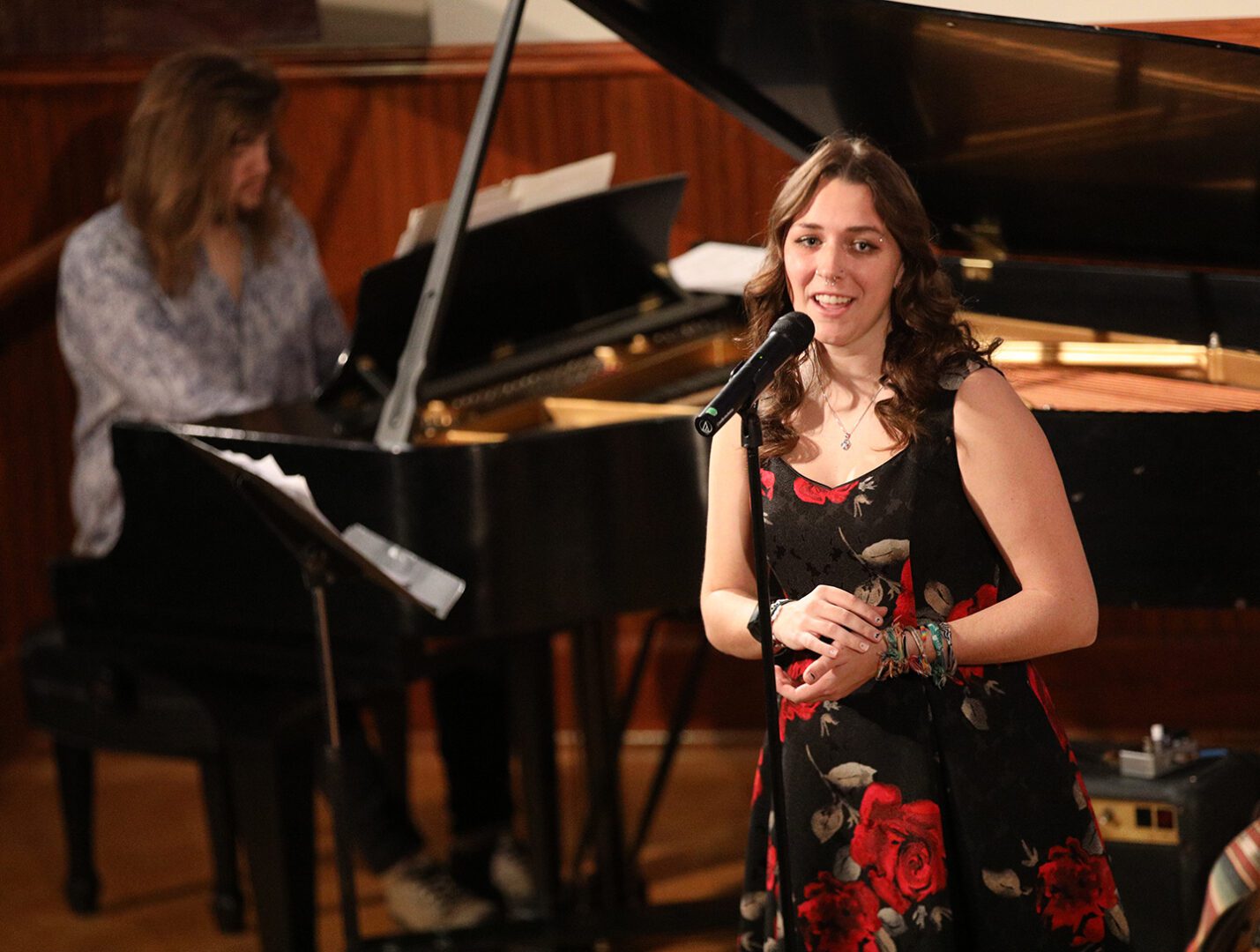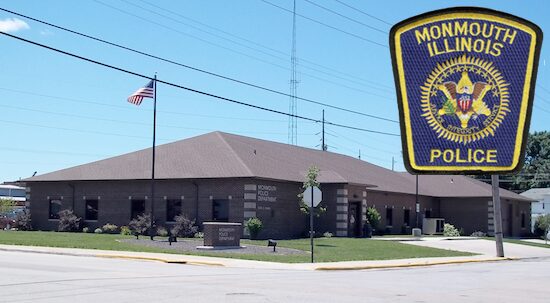NASA and the USDA Forest Service will be distributing Artemis Moon Tree seedlings that flew around the moon on NASA’s Artemis 1 mission in 2022 to various education and community organizations. Monmouth College Associate professor of Physics and Engineering Michael Solontoi and Associate Biology Professor Eric Engstrom have submitted an application to receive seedlings, shares Solontoi:
Five different species of seedlings journeyed the 270,000 miles from Earth and around the moon. Engstrom reported they are interested in growing either a sycamore or sweetgum at Monmouth College.
below is courtesy of nasa.gov on the seedlings
Education and community organizations can apply to receive a living piece of spaceflight history to promote science, technology, engineering, and mathematics: a seedling grown from a tree seed that flew around the Moon on the NASA’s Artemis I mission in late 2022.
NASA and the USDA Forest Service will distribute Artemis Moon Tree seedlings of five different species to create new ways for communities on Earth to connect with humanity’s exploration of space for the benefit of all. Nearly 2,000 seeds were flown to space.
Organizations like schools, libraries, museums, and others engaging with students, or the public, are encouraged to apply for a Moon Tree seedling through NASA’s Artifact Module. The application period closes Friday, Oct. 6.
Examples of eligible institutions include formal and informal K-12-serving organizations, universities, community organizations, museums and science centers, and government organizations.
“NASA’s Artemis moon trees are bringing the science and ingenuity of space exploration back down to Earth,” said NASA Administrator Bill Nelson. “Last year, these seeds flew on the Artemis I mission 40,000 miles beyond the Moon. With the help of the USDA, this new generation of Moon trees will plant the spirit of exploration across our communities and inspire the next generation of explorers.”
This is the second generation of Moon Trees for distribution on Earth. In 1971, Apollo 14 Command Module Pilot Stuart Roosa, a former Forest Service smoke jumper, carried hundreds of tree seeds as a part of his personal kit. Following the successful return of Apollo 14, the Forest Service germinated the seeds. The Apollo Moon Tree seedlings were planted around the nation, many as part of the U.S. bicentennial celebration in 1976.
Today, a new generation of Moon Trees will soon take root in American soil and carry on the legacy of inspiration launched more than 50 years ago. The seeds that journeyed 270,000 miles from Earth aboard the Orion spacecraft during Artemis I included sycamores, sweetgums, Douglas-firs, loblolly pines, and giant sequoias. Through the care of the Forest Service, the seeds were germinated and grown into seedlings in preparation for their new roles as Artemis Moon Trees.
“The seeds that flew on the Artemis mission will soon be Moon Trees standing proudly on campuses and institutions across the country,” said Randy Moore, Forest Service chief. “These future Moon Trees, like those that came before them, serve as a potent symbol that when we put our mind to a task, there is nothing we can’t accomplish. They will inspire future generations of scientists, whose research underpins all that we do here at the Forest Service.”


